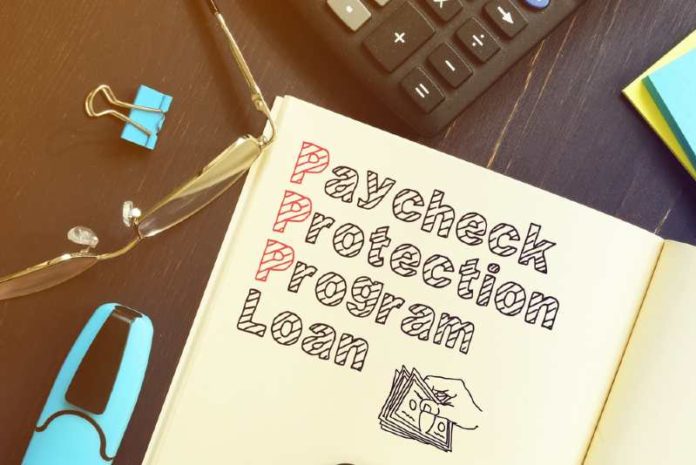In the face of financial hardship due to the COVID-19 pandemic, many business owners may have been hoping for PPP (Paycheck Protection Program) loans to be a lifeline in this time of need. However, for a lot of companies, that PPP hope has been extinguished.
Studies and surveys have shown that as many as 52% of small businesses that applied for these loans have been denied.
This leaves many businesses without a majority of their income due to lockdown orders, and an uncertain future due to changing consumer habits. However, while income may halt, bills do not. Needless to say, many different businesses need to either find another lending source or potentially close their doors.
What options are out there?
Conventional Lenders
We should mention this option briefly, even if it’s not feasible for many business owners trying to get PPP loans. While the major standard banks prefer to work with businesses with a strong financial/borrowing history, there were also some less-than-prime lenders out there, like Sofi or Opportun. These had less stringent requirements, but larger interest rates to compensate.
However, COVID-19 has made working with these lenders more difficult, as many investors are leaving their stocks and risky bonds. These mid-level lenders sold bonds on Wall Street in order to make profit, and with that no longer an option, they are forced to raise requirements. This leaves a whole new tier of borrowers without any options.
SBA Loans
The SBA (Small Business Administration) has always been a major resource for business owners needing general support as well as lending. Some of the major pros are the wide set of eligibility requirements, making it easy for many businesses to get funding that would normally be turned down. In addition, the combination of low and high borrowing amounts and capped interest rates make sure that you don’t borrow above what you will be able to repay.
However, a major downside is the fact that the application and approval process can be quite slow. This means that if you were looking to the SBA as a COVID-19 lifeline, by the time you get your funds, it may be too late. You may also be required to make a down payment or provide collateral to secure your loan.
Merchant Cash Advances
According to international statistics, merchant cash advance services are rapidly growing in usage since COVID-19 related lockdowns started taking place. These services are popular in times of need because they don’t have any credit requirements and can disperse the money you need in a matter of hours. The main drawback here is that interest rates can be high. In addition, there is also the possibility of scams designed to exploit the desperate. If you go this route, be sure to look at reviews and information about the provider before you commit.
Selling Off Unneeded Assets/Inventory
In some cases, there may be certain pieces of equipment or excess inventory that you know you’re not going to be able to use for the time being. These may be some of the first things you look at when it comes to selling for quick cash. However, you want to be careful here. If you know you’re going to be able to use something as soon as lockdowns end, that’s not what you want to sell. Try to think of some of the more “luxury” or “occasionally needed” pieces of equipment. Alternatively, if you have a piece of equipment with value, consider using it to secure a loan.
Title Loans
One of the nice things about title loans is that there are little-to-no barriers keeping people from getting funding through this method. All that you need is a car that you own outright. When you sign this over to a title loan lender, they will give you a loan for up to 25% of the vehicle’s total value, holding the vehicle as collateral. This offers a lot of the benefits that we mentioned with a merchant cash advance, but is a lot more of a fairer deal to the recipient because the loan is secured with something tangible. In addition, you have minimal processing fees to worry about.
Business owners are in a tight situation, trying to juggle concerns about public health as well as the financial health of their business. With the livelihoods of you and your employees in the balance, it’s important to fully understand all the resources you have at your disposal for financial support.
Casey Rydbick is a writer Southern California. He writes on seniors’ issues and personal finance.
PPP stock photo by Jack_the_sparow/Shutterstock







